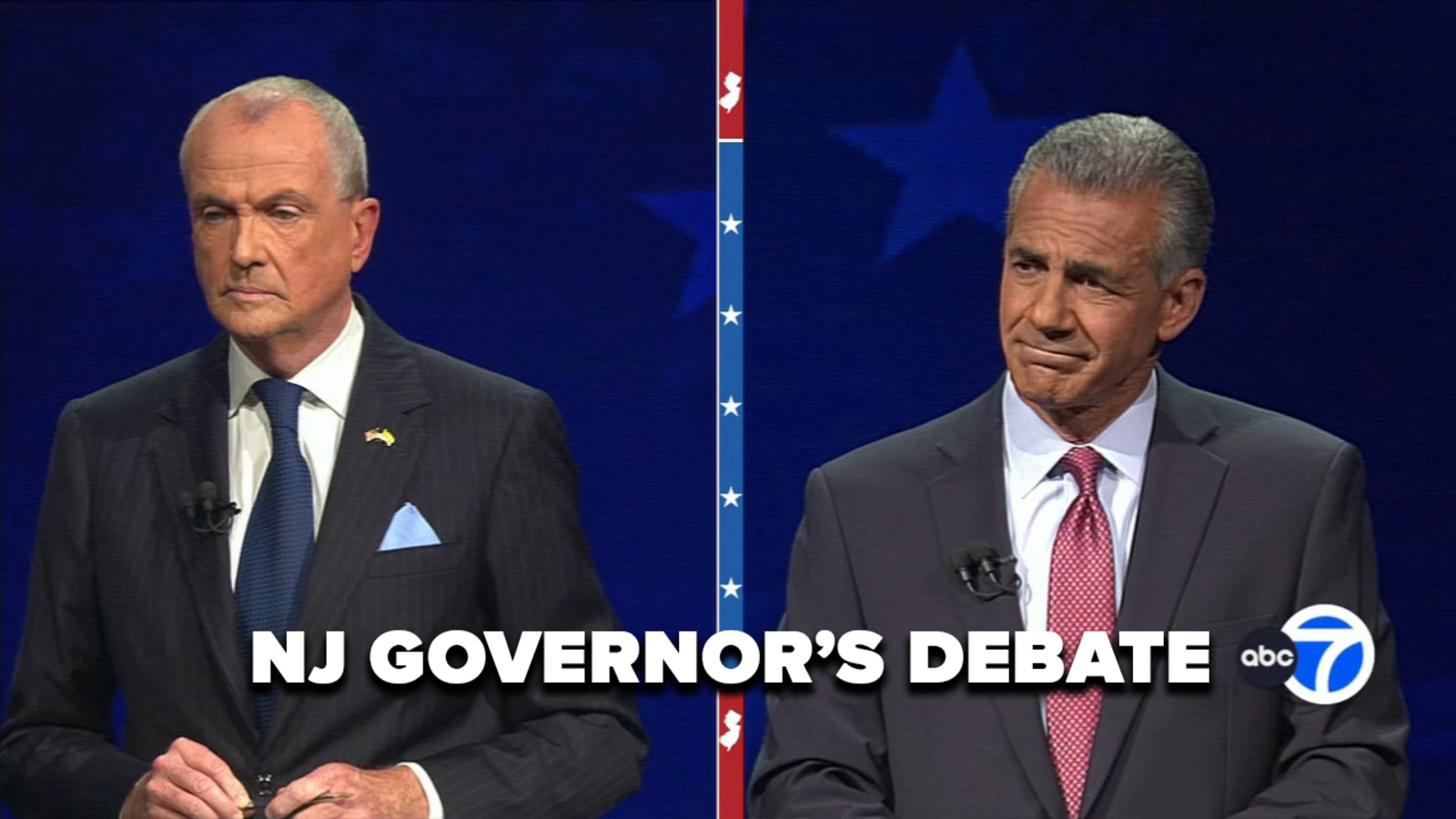
Asbury Park Teachers and Parents Respond to Resignation of ‘Hero’ Principal
September 28, 2021
Educational Highlights from Last Night’s Gubernatorial Debate
September 29, 2021With JerseyCAN’s Support, New Teacher Certification Pilot Program Signed Into Law
Governor Murphy recently signed S2826/A4594, a measure supported by JerseyCAN, which grants flexibility to schools facing teacher shortages by establishing a five-year pilot program for issuance of a limited certificate for newly trained teachers through both the alternate and traditional routes of preparation. The aim of the legislation is to provide schools with a critical tool to address shortages, as well as a way to create a more diverse teacher workforce.
According to this legislation, the New Jersey Department of Education (NJDOE) will establish a pilot program where districts can apply to NJDOE to permit them to hire up to 10% of staff with flexibility in one area of certification — GPA, praxis test requirements, or subject matter credit requirements — in exchange for increased teacher development support from the school administration. To be eligible, districts must demonstrate a need to fill longstanding shortages, a demographic disparity between the districts’ student population and the teaching staff and/or bilingual teachers. The school must also demonstrate that it has the capacity or track record to support and mentor new teachers and the NJDOE is required to study the impact of these changes to evaluate future rulemaking.
“For far too long, our districts and our students have been without a sufficient number of teachers, specifically teachers that represent them. In New Jersey just 16% of teachers, compared to 56% of students, identify as people of color. We are grateful to Governor Murphy, Senator Ruiz, Assemblywoman Quijano, and other legislative sponsors for creating a more flexible pathway for educators to enter the classroom. Alternative pathways, like the pilot program created in this legislation, often attract a more diverse pool of prospective educators by eliminating financial and bureaucratic barriers,” said Teach For America NJ’s Executive Director Tahina Perez.
JerseyCAN has a longstanding commitment to advocating for policy changes such as this to address the educator workforce shortages in New Jersey. “Our Educator Workforce Report outlined the challenges the educator pipeline is facing. In 2020, 20% of New Jersey educators were over 55, which is about 20,000 teachers. Once they retire, we do not have enough of a pipeline ready to fill their shoes. This new law is a short-term solution that provides needed flexibility, while requiring that new educators still meet several rigorous certification and evaluation requirements,” shared JerseyCAN’s Executive Director Patricia Morgan. “Now let’s look to the longer term needs like building an intentional pipeline of teachers to fill high-demand teaching positions, annual workforce projections, and creating innovative paid pathways to the classroom to ensure every student has an excellent teacher.”




